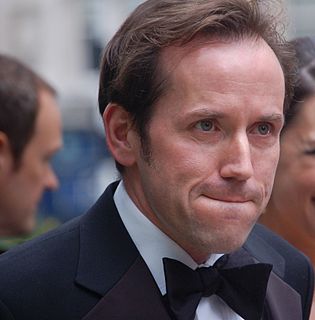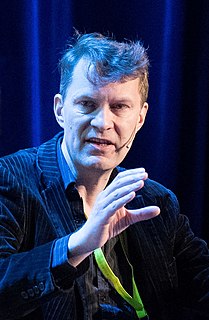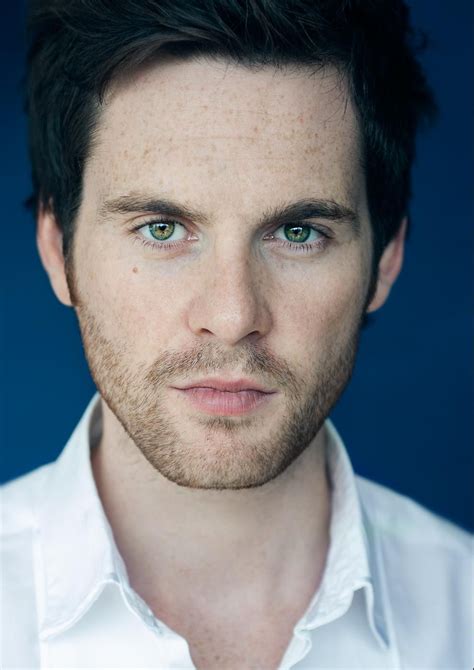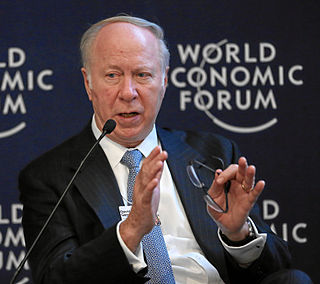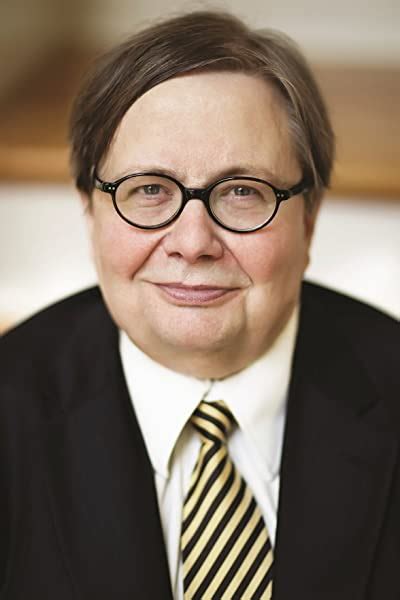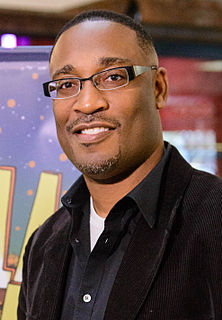A Quote by Ben Miller
My enthusiasm for L.A. stems from my father, who was a lecturer in American literature at the University of Birmingham. Through his work, our family did several house swaps with L.A. families. It was a dreadfully daring thing to do in the early 1980s; there was no Internet, so you had no idea of what you were getting into.
Related Quotes
When I first began visiting West Germany in the early 1980s, I was startled by the contrast between Birmingham, where I went to school, and affluent Cologne. My host family, the lovely Schumachers, always had an opulent array of grapes on the table; they were better dressed than anyone I knew in Britain.
I went to university in the north of England at University of Birmingham to do an English literature degree, and I knew I could do extracurricular stuff with theater and drama. I started a theater company, called Article 19, and I did it with a bunch of friends. I wrote and directed plays. I had a radio show.
The most important difference between these early American families and our own is that early families constituted economic unitsin which all members, from young children on up, played important productive roles within the household. The prosperity of the whole family depended on how well husband, wife, and children could manage and cultivate the land. Children were essential to this family enterprise from age six or so until their twenties, when they left home.
In my class was an Annapolis graduate, several engineers, and most recent president of the University of Alabama.These were all small-town people who had good values. The families were tight. The schools reaffirmed the families and reaffirmed the church values that you were taught. I guess it was just one of those swell times to be a part of.
I came out of a culture in which my uncle, my father - they were all salesmen of one kind or another. My father was a manufacturer. He also, in effect, had to sell that stuff. And if he didn't literally do it, his men did. So, selling was in the air through my boyhood. The whole idea of successfully selling was very important.
Ronald Reagan rebuilt the American presidency; it was in trouble when he came into office as an institution, and he did through his communications and through his own inspiration, and his principles. I think he did lift our spirits about, and convince us that once again that the future of the best, our best days were always ahead of us.
I knew a guy who had $5 million and owned his house free and clear. But he wanted to make a bit more money to support his spending, so at the peak of the internet bubble he was selling puts on internet stocks. He lost all of his money and his house and now works in a restaurant. It's not a smart thing for the country to legalize gambling [in the stock market] and make it very accessible.
